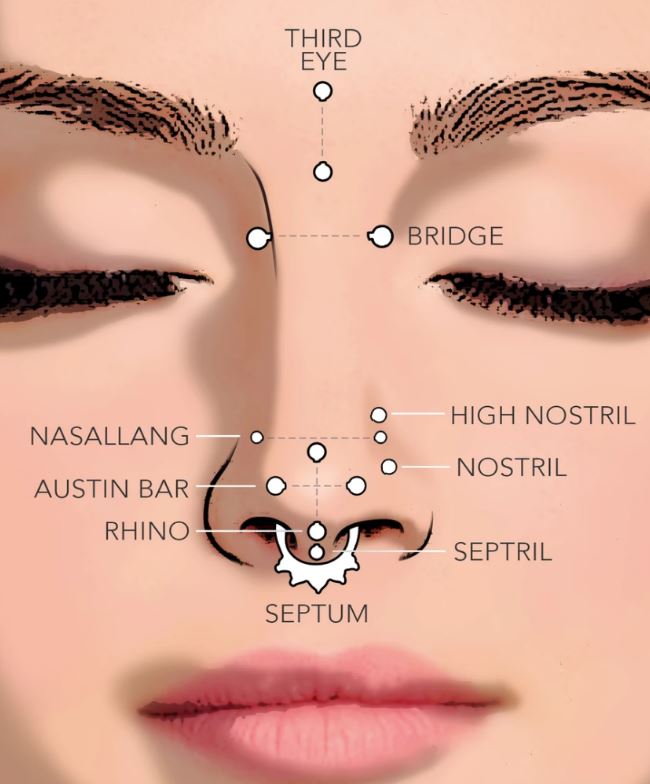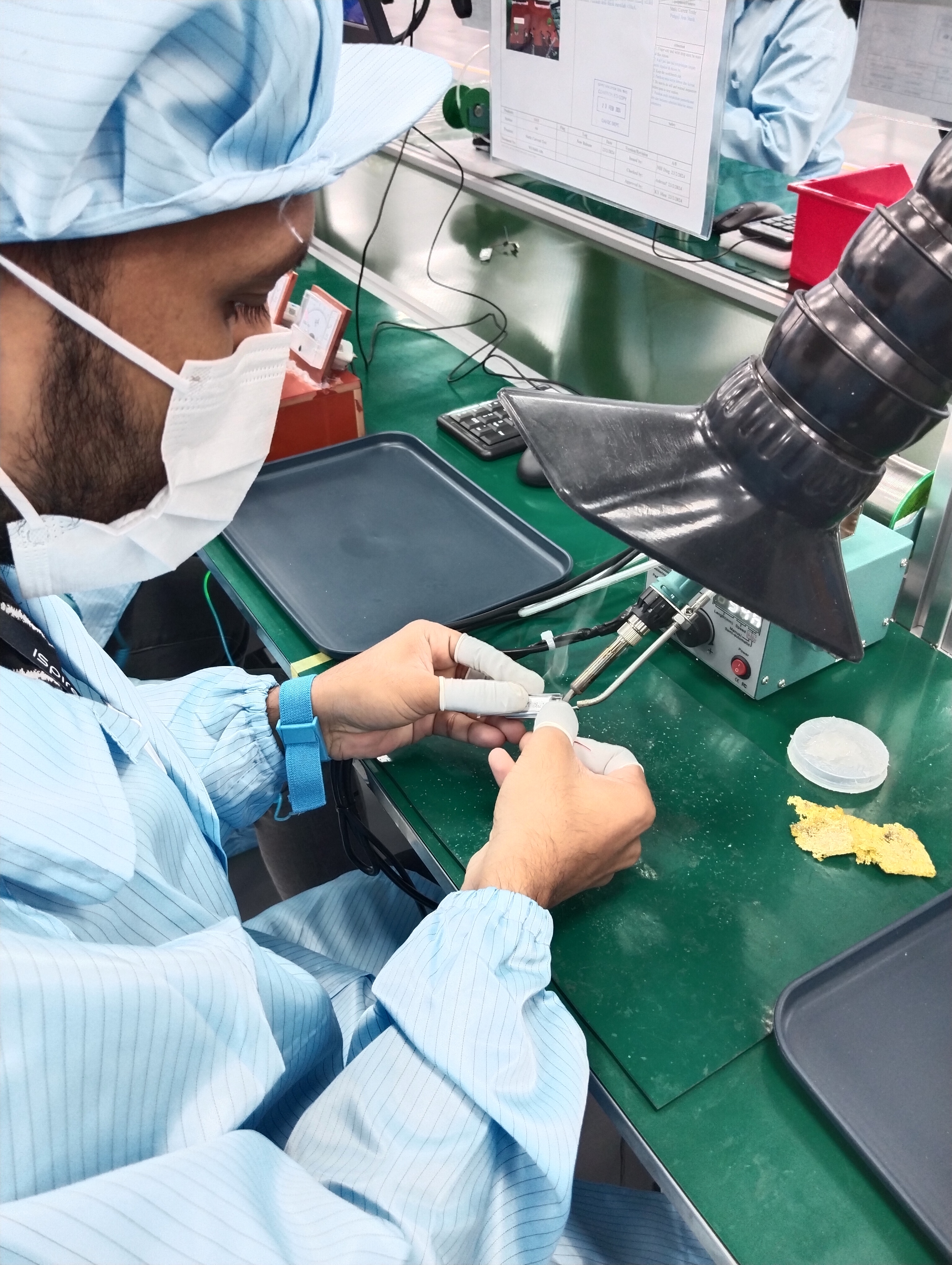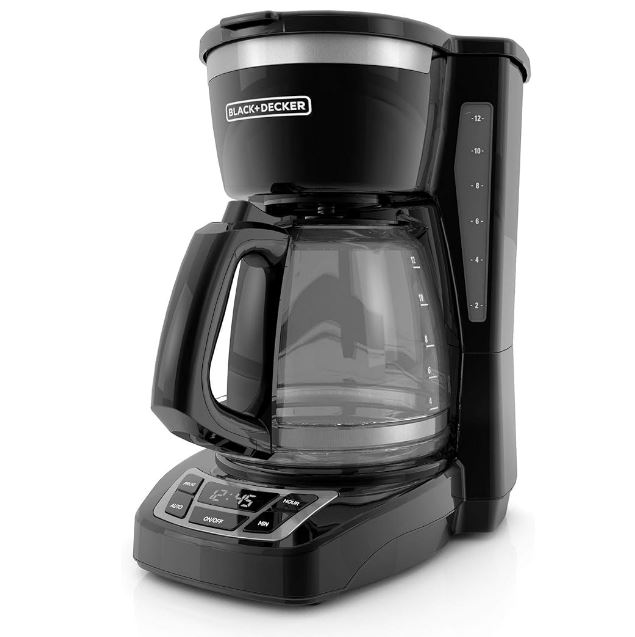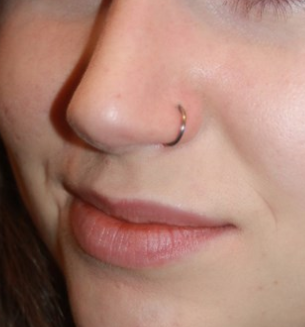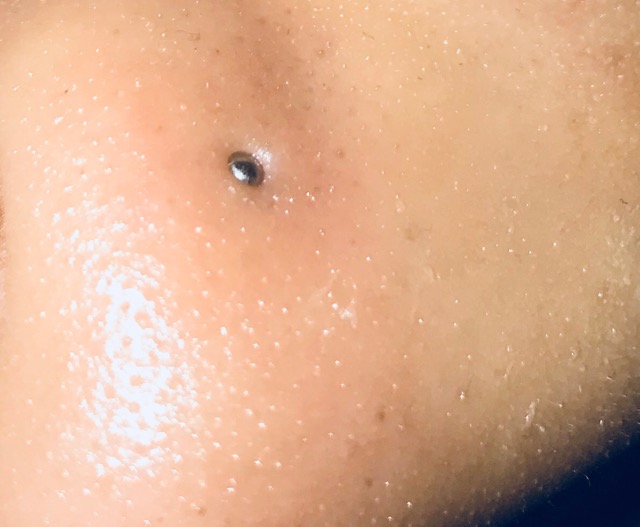Sponsor Ads
Non-China Vape, 510 Cartridges & Battery Device Maker
If you are going for a vape manufacturer out of China we are you best choice. We offer a alternative vape production location with a very competitive price. You can save money by buying directly from us the manufacturer, without any middlemen or extra fees. You can also enjoy discounts for bulk orders and special offers for long term & loyal customers.
We offer small trial orders where you can test the quality and performance of the products before placing a large order. Fast shipping and cheaper shipping cost from Malaysia and Singapore ports. You don't have to wait long to receive your products.
Contact Us!
Contribute for our website Maintenance! We want to keep it free for all visitors.
Trending Best Sellers
How-to-care-for-yourself-at-home-with-coronavirus?
This " How-to-care-for-yourself-at-home-with-coronavirus " page is intended solely to inform our clients and online visitors about coronavirus COvid-19. All facts are from reliable sources like WHO, CDC and respective Government Health Agencies. Readers can either read through the facts which we summarized in this page or go direct to source through the link listed at the bottom of this page.
Get the correct and verified facts about coronavirus so that you will one step ahead of the virus!

How-to-care-for-yourself-at-home-with-coronavirus?
Self care
If you feel sick you should rest, drink plenty of fluid, and eat nutritious food. Stay in a separate room from other family members, and use a dedicated bathroom if possible. Clean and disinfect frequently touched surfaces.
Everyone should keep a healthy lifestyle at home. Maintain a healthy diet, sleep, stay active, and make social contact with loved ones through the phone or internet. Children need extra love and attention from adults during difficult times. Keep to regular routines and schedules as much as possible.
It is normal to feel sad, stressed, or confused during a crisis. Talking to people you trust, such as friends and family, can help. If you feel overwhelmed, talk to a health worker or counsellor.
Source: WHO Learn more here
Medical treatments
If you have mild symptoms and are otherwise healthy, self-isolate and contact your medical provider or a COVID-19 information line for advice. Seek medical care if you have a fever, cough, and difficulty breathing. Call in advance.
Source: WHO Learn more here
Coronavirus disease (COVID-19) is an infectious disease caused by a newly discovered coronavirus.
Most people infected with the COVID-19 virus will experience mild to moderate respiratory illness and recover without requiring special treatment. Older people, and those with underlying medical problems like cardiovascular disease, diabetes, chronic respiratory disease, and cancer are more likely to develop serious illness.
The best way to prevent and slow down transmission is to be well informed about the COVID-19 virus, the disease it causes and how it spreads. Protect yourself and others from infection by washing your hands or using an alcohol based rub frequently and not touching your face.
The COVID-19 virus spreads primarily through droplets of saliva or discharge from the nose when an infected person coughs or sneezes, so it’s important that you also practice respiratory etiquette (for example, by coughing into a flexed elbow).
Stay informed:
Stay informed about Coronavirus
Protect yourself: advice for the public
Stay aware of the latest COVID-19 information by regularly checking updates from WHO and your national and local public health authorities.
Protect yourself and others from COVID-19
If COVID-19 is spreading in your community, stay safe by taking some simple precautions, such as physical distancing, wearing a mask, keeping rooms well ventilated, avoiding crowds, cleaning your hands, and coughing into a bent elbow or tissue. Check local advice where you live and work. Do it all!
What to do to keep yourself and others safe from COVID-19
Maintain at least a 1-metre distance between yourself and others to reduce your risk of infection when they cough, sneeze or speak. Maintain an even greater distance between yourself and others when indoors. The further away, the better.
Make wearing a mask a normal part of being around other people. The appropriate use, storage and cleaning or disposal are essential to make masks as effective as possible.
Here are the basics of how to wear a mask:
Clean your hands before you put your mask on, as well as before and after you take it off, and after you touch it at any time.
Make sure it covers both your nose, mouth and chin.
When you take off a mask, store it in a clean plastic bag, and every day either wash it if it’s a fabric mask, or dispose of a medical mask in a trash bin.
Don’t use masks with valves.
For specifics on what type of mask to wear and when, read our Q&A and watch our videos. There is also a Q&A focused on masks and children.
Find out more about the science of how COVID-19 infects people and our bodies react by watching or reading this interview.
For specific advice for decision makers, see WHO’s technical guidance.
How to make your environment safer
Avoid the 3Cs: spaces that are closed, crowded or involve close contact.
Outbreaks have been reported in restaurants, choir practices, fitness classes, nightclubs, offices and places of worship where people have gathered, often in crowded indoor settings where they talk loudly, shout, breathe heavily or sing.
The risks of getting COVID-19 are higher in crowded and inadequately ventilated spaces where infected people spend long periods of time together in close proximity. These environments are where the coronavirus appears to spreads by respiratory droplets or aerosols more efficiently, so taking precautions is even more important.
Meet people outside. Outdoor gatherings are safer than indoor ones, particularly if indoor spaces are small and without outdoor air coming in.
For more information on how to hold events like family gatherings, children’s football games and family occasions, read our Q&A on small public gatherings.
Avoid crowded or indoor settings but if you can’t, then take precautions:
Open a window. Increase the amount of ‘natural ventilation’ when indoors.
WHO has published Q&As on ventilation and air conditioning for both the general public and people who manage public spaces and buildings.
Wear a mask (see above for more details).
Don’t forget the basics of good hygiene
Regularly and thoroughly clean your hands with an alcohol-based hand rub or wash them with soap and water. This eliminates germs including coronavirus that may be on your hands.
Avoid touching your eyes, nose and mouth. Hands touch many surfaces and can pick up viruses. Once contaminated, hands can transfer the coronavirus to your eyes, nose or mouth. From there, the virus can enter your body and infect you.
Cover your mouth and nose with your bent elbow or tissue when you cough or sneeze. Then dispose of the used tissue immediately into a closed bin and wash your hands. By following good ‘respiratory hygiene’, you protect the people around you from viruses, which cause colds, flu and COVID-19.
Clean and disinfect surfaces frequently especially those which are regularly touched, such as door handles, faucets and phone screens.
What to do if you feel unwell
Know the full range of symptoms of COVID-19. The most common symptoms of COVID-19 are fever, dry cough, and tiredness. Other symptoms that are less common and may affect some patients include loss of taste or smell, aches and pains, headache, sore throat, nasal congestion, red eyes, diarrhoea, or a skin rash.
Stay home and self-isolate even if you have minor symptoms such as cough, headache, mild fever, until you recover. Call your health care provider or hotline for advice. Have someone bring you supplies. If you need to leave your house or have someone near you, wear a medical mask to avoid infecting others.
If you have a fever, cough and difficulty breathing, seek medical attention immediately. Call by telephone first, if you can and follow the directions of your local health authority.
Keep up to date on the latest information from trusted sources, such as WHO or your local and national health authorities. Local and national authorities and public health units are best placed to advise on what people in your area should be doing to protect themselves.
Source: WHO
All that you need to know about Coronavirus!
- Coronavirus - Stay Informed
- Covid 19
- Covid 19 Symptoms
- Coronavirus Covid 19 Questions and Answers
- Coronavirus disease (COVID-19) advice for the public
- Coronavirus Vaccine - All you need to know!
- Covid 19 Testing Near Me
- Coronavirus Vaccine
- What is the Coronavirus Vaccine
- Coronavirus vaccine update - There are more than 100 vaccines!
- How long does coronavirus last - Stay Informed!
- All About Covid-19
- Covid-19 Symptoms
- Michigan Coronavirus _ Stay Informed and Stay Safe!
- Coronavirus California - Stay Informed & Stay Safe
- Florida coronavirus - Stay Informed!
- What is the coronavirus vaccine - Stay Informed
- Covid 19 Vaccine - Stay Informed with the latest Development!
- Protect yourself: advice for the public
- Myth busters
- Questions and answers
- Situation reports
- All information on the COVID-19 outbreak
References:
1. WHO Coronavirus disease (COVID-19) pandemic
2. CDC Centers for Disease and Prevention Control
3. Canada Coronavirus disease (COVID-19)
4. Health.com
5. Harvard Health Publishing Harvard Medical School
Comments
What you think?
Comments
What you think?
Recent Articles
-
Riche Niche: Health | Lifestyle | Fashion | Marketing | Technology
Mar 14, 25 09:18 AM
Our Riche Niche blog is the easiest way to stay up-to-date with the latest news, trends and articles published on this site. -
The Therapeutic Potential of Medical Cannabis Vaporization
Aug 05, 24 09:32 PM
The use of medical cannabis has been a subject of much debate and research over the years. With the growing acceptance of cannabis for medical purposes, various methods of administration have been exp… -
Amazon Spring Sale: A Season of Spectacular Savings
Mar 18, 24 08:38 AM
Amazon Spring Sale: A Season of Spectacular Savings -
Understanding Nose Piercing Types: A Guide for Teens
Mar 16, 24 09:19 AM
Explore the rising trend of nose piercings among teenagers, understanding the various types and their cultural implications for a stylish appeal. -
Infected Nose Piercing
Mar 16, 24 09:18 AM
You can expect symptoms of infected nose piercing to resemble any other kind of body piercing infection. -
EMS manufacturing services in Malaysia
Mar 09, 24 10:33 PM
Malaysia is one of the leading countries in Southeast Asia that offers EMS manufacturing services to both local and international clients. -
Laundry Business: The Need for Payment System Upgrades
Mar 08, 24 11:14 AM
Discover the benefits of upgrading your laundry business's payment system. Enhance efficiency, increase profits, and improve customer convenience. -
Nose Peircing Store
Feb 18, 24 02:38 AM
A collection of latest at our nose peircing store. -
How to Choose the Right Coffee Maker for Your Needs
Feb 18, 24 02:12 AM
We'll compare the pros and cons of four common types of coffee makers: drip, French press, espresso, and vacuum. We'll also give you some tips on how to choose the right one based on your preferences… -
Emulate Celebrities with Nose Piercings
Feb 06, 24 08:13 AM
Discover the celebrities with nose piercing and get inspired for your next piercing! From studs to septum rings, our list has it all. Read more! -
Types of Nose Rings
Feb 06, 24 08:11 AM
Types of Nose Rings -
Is my nose piercing ring is sinking in?
Feb 06, 24 08:10 AM
Is my nose piercing ring is sinking in? Or just swollen? -
Dry Herb Vape Pens-Discover the Advantages of Malaysian Made
Feb 04, 24 12:39 PM
Choose our non-China dry herb vape pen for its high production standards, strict quality control, and excellent craftsmanship. -
Trinity Nose Ring A Unique Fashion Statement
Feb 03, 24 08:36 PM
Explore the world of trinity nose rings, a unique piece of jewelry that adds elegance and style to your look. Understand the different types and choose the right one for you. -
Redefining Beauty: The Rise of Nose Piercing Trend in the USA
Feb 02, 24 08:34 AM
Explore the evolution of the nose piercing trend in the USA, from ancient tradition to modern expression of individuality.





